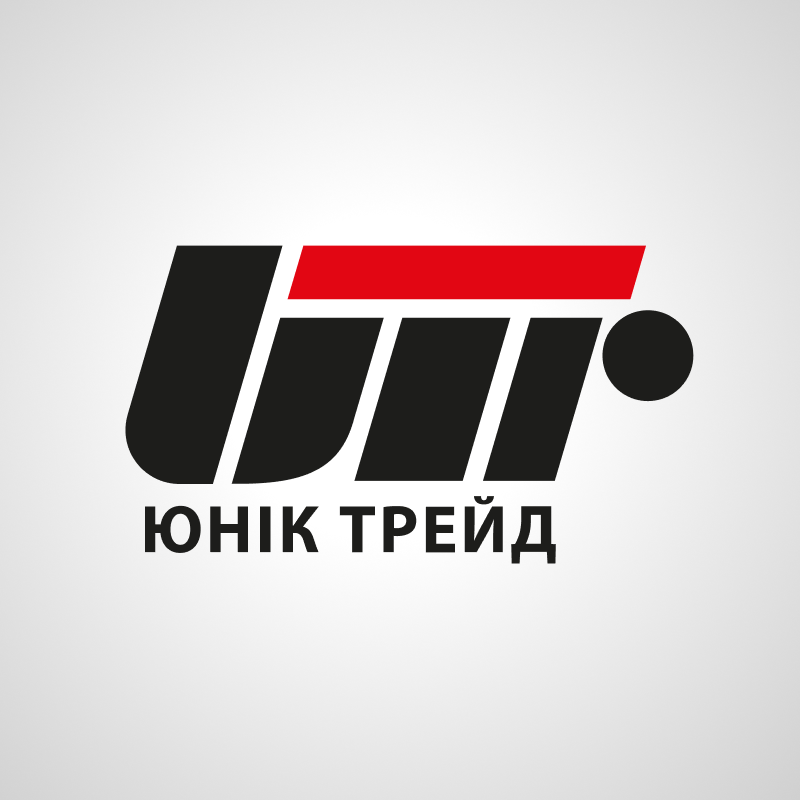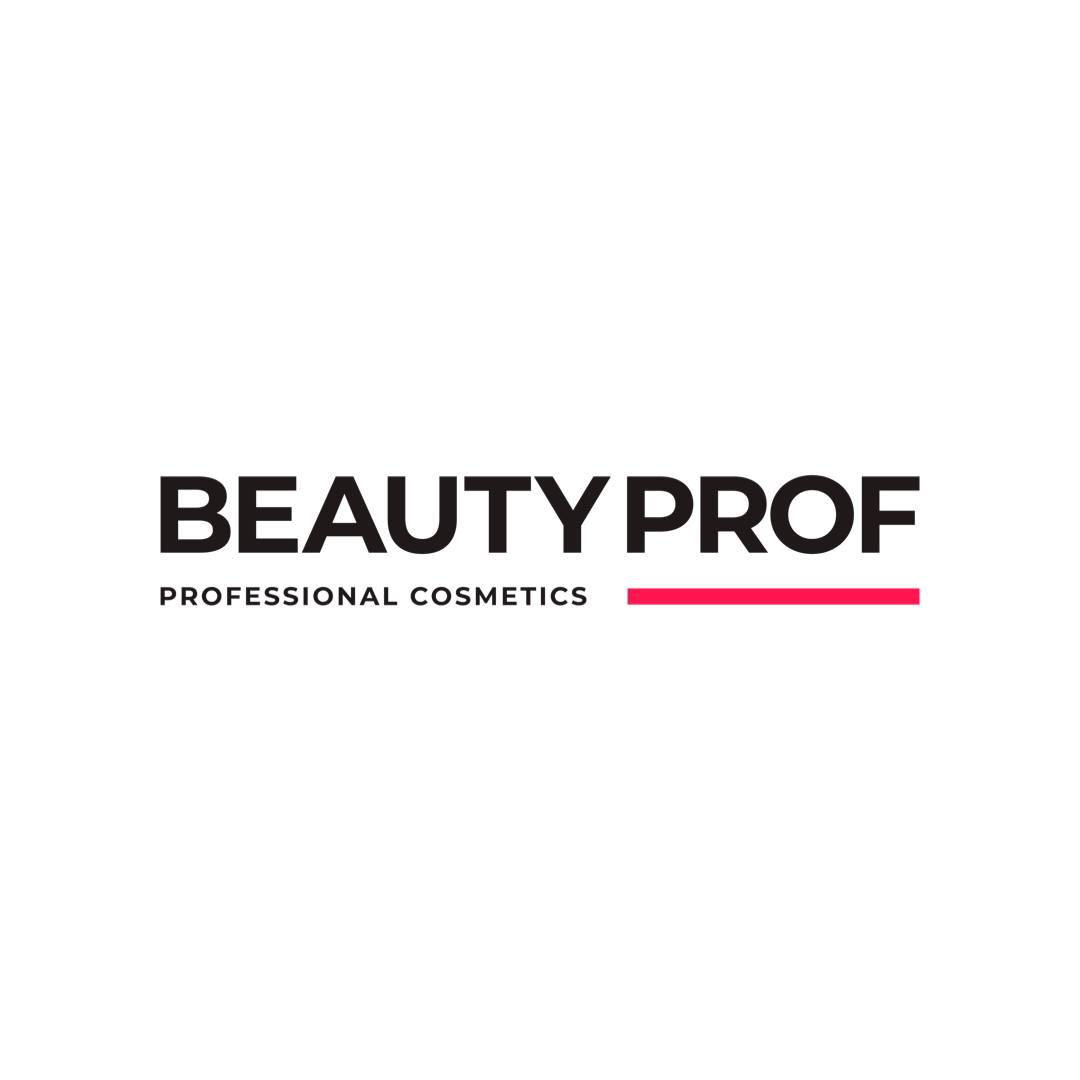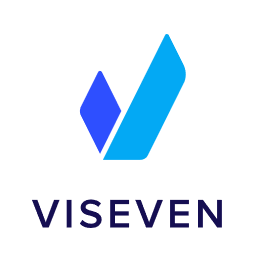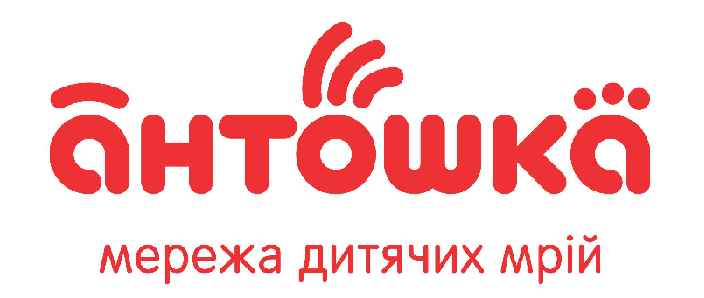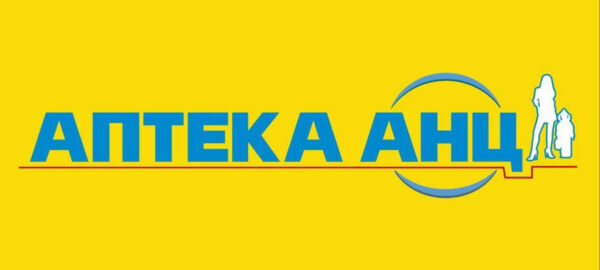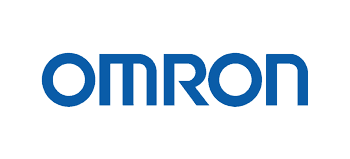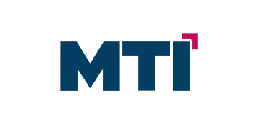
Product training in LMS Collaborator – the case of Beauty-Prof
Good knowledge of the product is one of the components of successful sales. But what about cases where the product range is really large? Is it possible to know everything perfectly?
Yes it is! We decided to show you this using the example of Beauty-Prof. How systematic product training based on LMS Collaborator helps the company keep its employees’ knowledge up to date.
Information about Beauty-Prof
 Beauty-Prof is a trading company that sells professional cosmetics and professional equipment of world brands for masters and beauty salons. It is a national operator of the professional cosmetics market in Ukraine and operates a network of retail stores
Beauty-Prof is a trading company that sells professional cosmetics and professional equipment of world brands for masters and beauty salons. It is a national operator of the professional cosmetics market in Ukraine and operates a network of retail stores
Beauty-Prof company has been working in the beauty industry since 2011. Stores and sales network are represented in 5 regions of Ukraine: Kyiv, Dnipro, Zaporizhzhia, Kharkiv, Odessa, Kherson. Distribution network covers the whole territory of Ukraine.
Now the company is actively developing such areas of business: its own retail network of stores (31 stores), franchise (5 stores), distribution (5 branches), and online store.
In 2019 Beauty-Prof introduced e-learning based on LMS Collaborator. The main purpose of implementing the system for distance learning – the organization of systematic training of sales staff and other employees.
Now about 180 employees are being trained on the LMS Collaborator portal.
The distance learning system LMS Collaborator is used by Beauty-Prof for systematic product training. We talked to Valeria Tarasova, Director of Training, and Elizaveta Voskoboyniks, Training Specialist, to find out the features of product training at Beauty-Prof.
Tasks:
1. product training for newcomers
2. systematic training of employees
3. training analytics
About the company: trading company, 250 employees
Target audience: sales staff
Tool: LMS Collaborator
How product training is organized at Beauty-Prof
At Beauty-Prof product training is given to newcomers, as well as systematically to all employees of the company. Training for beginners lasts for 2 months. During this time they have to study the basic range of products.
Newcomers have a separate training program, which includes a set of training courses with presentations and product video reviews. They complete the tasks in stages over a period of 2 months.

After 2 months of adaptation, an oral interview is conducted, according to the results of which the employee is allowed to work.
Systematic training for employees
The product range is regularly growing and employees need to be fully informed, which is why systematic training for sales personnel is carried out on a regular basis.
Training is presented in the form of training courses with presentations and videos reviewing the products.

E-learning specialist records a video or creates a presentation, where they give an overview of a certain product: tells about its characteristics, uses, and features. Next, learning resources are formed that make up the course outline.
The video uses the principle of microlearning – short videos of 3-5 minutes each are filmed. In the video the employees are introduced to the products, their manufacturer, product line, properties and advantages.


Learning analytics in LMS Collaborator
At the end of the course, employees are tested to verify the knowledge learned in the course. The knowledge check takes place after each launch of a new training.

LMS Collaborator analytics allows you to track test results and course completion statistics. The company receives feedback on the stages of adaptation and training. And for a more in-depth analysis, it can download the necessary reports.

Beauty-Prof about product training in LMS Collaborator
 Valeria Tarasova: With the growth of the company we faced the need for mass training of sales personnel. Having analyzed the market of systems for distance learning, we preferred the LMS Collaborator platform. LMS Collaborator has a number of advantages: the convenient and efficient development of the programs, high-quality and on-time technical support, as well as a convenient reporting system. These were the key points in choosing the ideal distance learning system for us.
Valeria Tarasova: With the growth of the company we faced the need for mass training of sales personnel. Having analyzed the market of systems for distance learning, we preferred the LMS Collaborator platform. LMS Collaborator has a number of advantages: the convenient and efficient development of the programs, high-quality and on-time technical support, as well as a convenient reporting system. These were the key points in choosing the ideal distance learning system for us.
With the help of LMS Collaborator we were able to transfer product training into a remote format. This helped us reduce the load on the training department and automate most routine tasks. In addition, we have implemented systematic training for our employees. This helps to keep our employees’ knowledge up to date and teach new product ranges quickly and efficiently.
To sell any product successfully, it is necessary to have certain professional knowledge: to know the product thoroughly, to be able to advise what is necessary and explain what is not clear. Product training is a contribution to the development of not only the employee, but also the company. An employee who has received the necessary knowledge will be able to sell more. He will bring profit to the company, and its loyalty will increase.
The example of Beauty-Prof is a story of how quickly and easily you can organize product training, using the features of the learning portal LMS Collaborator. Thanks to LMS, you will not only be able to implement product training, but also automate processes such as adaptation. And the flexible analytics will help you collect the data you need to track learning progress and improve your learning process.
Read our other cases:
- Gamification of learning in LMS Collaborator – Attestation marathon
- Corporate hero as a branding tool – the case of Datagroup
- Personnel training – experience of the “KreditMarket” company
- Personnel Adaptation – Experience of Planet Kino
- Development of corporate culture with the help of LMS Collaborator: KNESS Group experience
- Peculiarities of training pharmacists – the case of «ANC» company
- How KERNEL and ViYar advertise and engage learning
- The use of the training rating – the case of SOCAR Energy Ukraine





